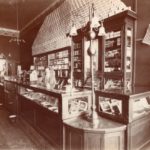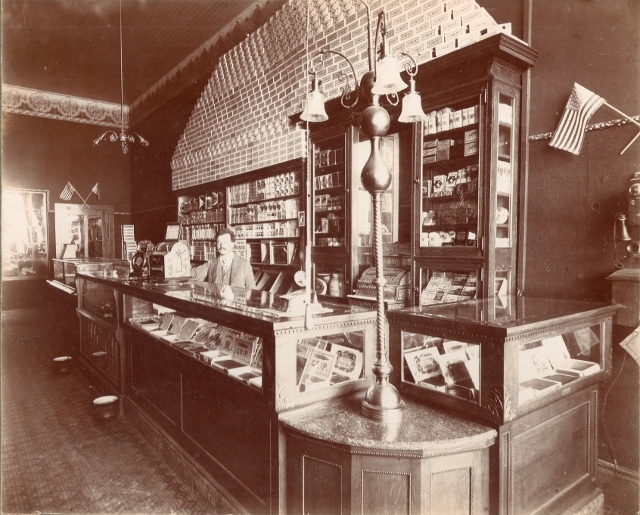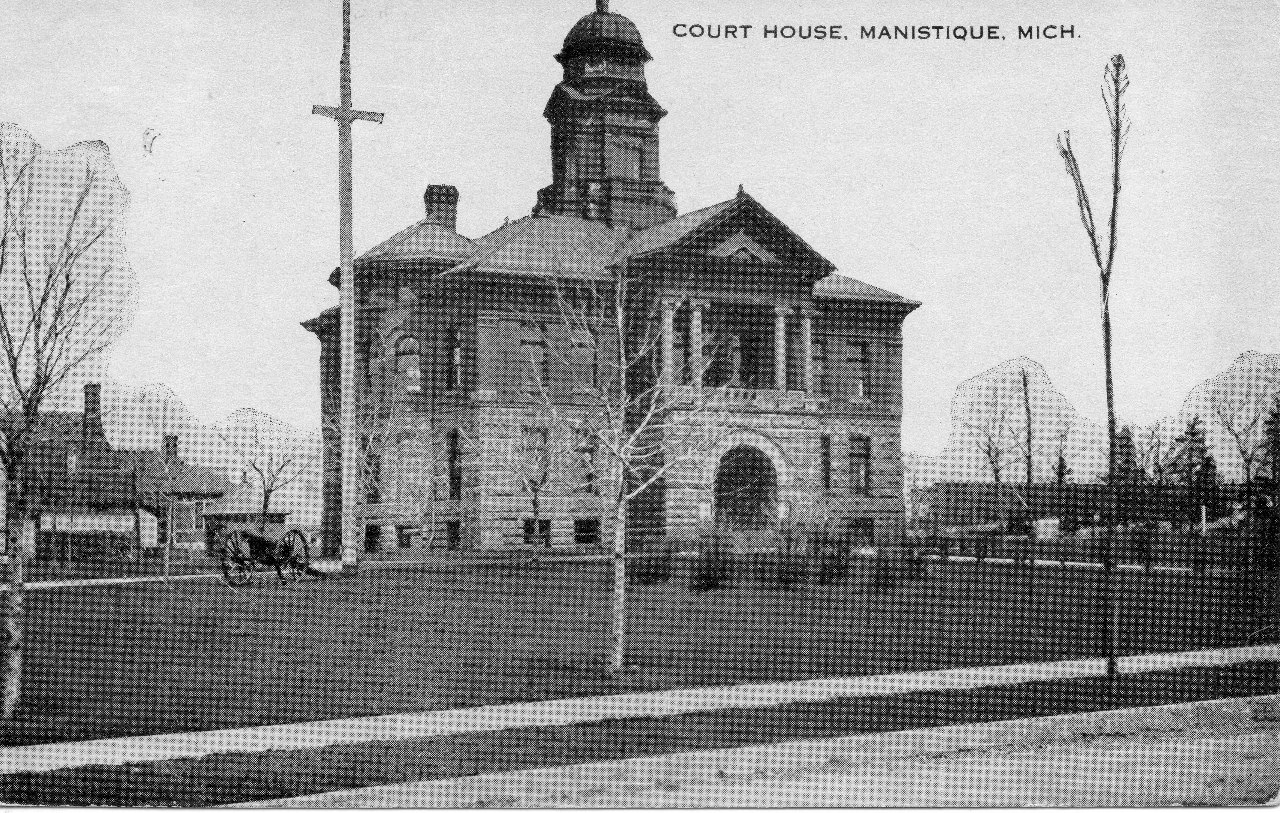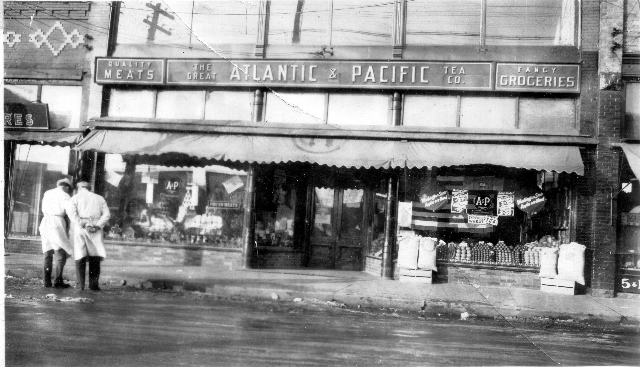
Log Drive on the Manistique River (1890’s Photo)
In July of 1929, the largest remaining stand of Michigan’s virgin white pine forest floated down the Manistique River toward the Stack Lumber Company sawmill in the town of Manistique. The giant pine had been scattered over 3,200 acres of swampy forest at the head of the Driggs River, a tributary of the Manistique River—in an area previously considered too inaccessible for logging operations. The 1929 drive included 600,000 feet of Norway and white pine, 1,000,000 feet of hemlock and 800,000 feet of hardwood (birch, oak, maple, elm and basswood). The log drive marked the end of big pine lumbering in Michigan which began along the Saginaw River valley in 1833. Once thought inexhaustible, the great pine forests were all logged off in Lower Michigan by 1895 and in Upper Michigan by 1905. A total of 190 billion feet of lumber had succumbed to the woodman’s axe.




